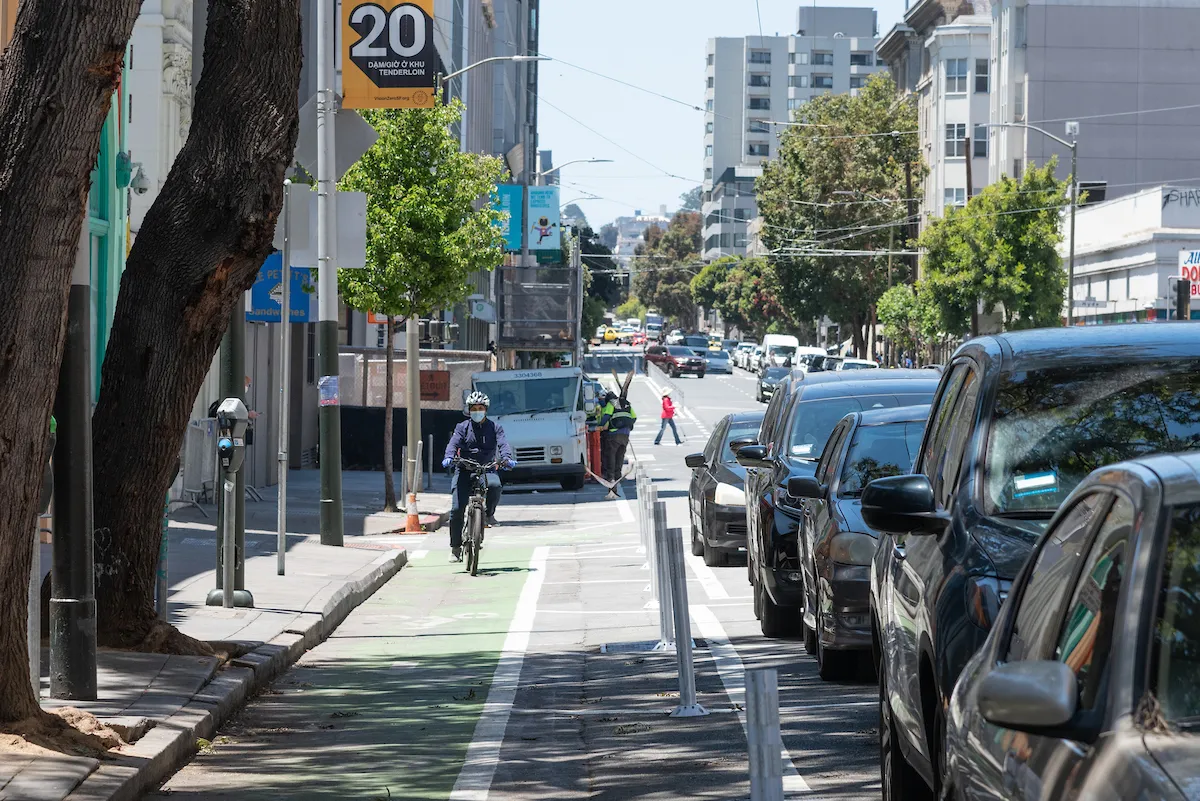One vehicle is being used across the East Midlands and the other on a major scheme on the A14 in the east of England.
Martin Bolt, Highways England’s corporate group leader, operations directorate (Midlands) says: “We are actively exploring opportunities to improve air quality for those travelling on, or living near, our roads as well as reduce exposure for road workers. These vehicles help with that and also reduce noise for nearby residents.”
Further measures include the installation of a barrier alongside the M1 in South Yorkshire to help improve air quality for the local community and the deployment of electric charge points on or near the motorway network.
The five-month project is being funded by Highways England’s £75 million allocation for air quality improvements.
Highways England is now working with H W Martin (Traffic Management) to trial both vehicles in tasks such as traffic management, maintenance operations and the installation and removal of lane closures for construction work. Experts from the University of Bath will collect and analyse data to determine for which tasks the vehicles are best suited.
Ryan Wood, technical manager for H W Martin, says: “Undertaking these trials will allow us to understand first-hand how the vehicles perform while carrying out different tasks and how current charging infrastructure provides a network for their use.”
The trial will be followed by a post-trial report, the results of which are expected to inform future work around assessing how charging infrastructure is deployed for major projects and looking at the future potential for using electric roadworks vehicles.
Highways England trials electric roadworks vehicles
Highways England is trialling two electric powered roadworks vehicles with the aim of improving air quality along motorways and major A roads.
One vehicle is being used across the East Midlands and the other on a major scheme on the A14 in the east of England.
Martin Bolt, Highways England’s corporate group leader, operations directorate (Midlands) says: “We are actively exploring opportunities to improve air quality for those travelling on, or living near, our roads as well as reduce exposure for road wo
July 2, 2019
Read time: 2 mins









